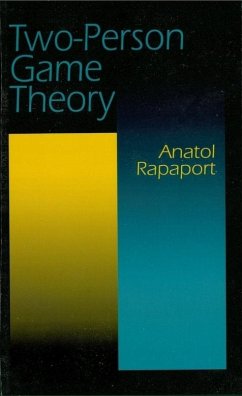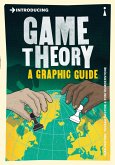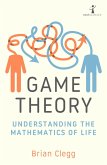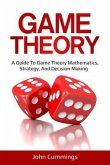"Game theory is an intellectual X-ray. It reveals the skeletal structure of those systems where decisions interact, and it reveals, therefore, the essential structure of both conflict and cooperation." — Kenneth Boulding This fascinating and provocative book presents the fundamentals of two-person game theory, a mathematical approach to understanding human behavior and decision-making, Developed from analysis of games of strategy such as chess, checkers, and Go, game theory has dramatic applications to the entire realm of human events, from politics, economics, and war, to environmental issues, business, social relationships, and even "the game of love." Typically, game theory deals with decisions in conflict situations. Written by a noted expert in the field, this clear, non-technical volume introduces the theory of games in a way which brings the essentials into focus and keeps them there. In addition to lucid discussions of such standard topics as utilities, strategy, the game tree, and the game matrix, dominating strategy and minimax, negotiated and nonnegotiable games, and solving the two-person zero-sum game, the author includes a discussion of gaming theory, an important link between abstract game theory and an experimentally oriented behavioral science. Specific applications to social science have not been stressed, but the methodological relations between game theory, decision theory, and social science are emphasized throughout. Although game theory employs a mathematical approach to conflict resolution, the present volume avoids all but the minimum of mathematical notation. Moreover, the reader will find only the mathematics of high school algebra and of very elementary analytic geometry, except for an occasional derivative. The result is an accessible, easy-to-follow treatment that will be welcomed by mathematicians and non-mathematicians alike.
Bitte wählen Sie Ihr Anliegen aus.
Rechnungen
Retourenschein anfordern
Bestellstatus
Storno









